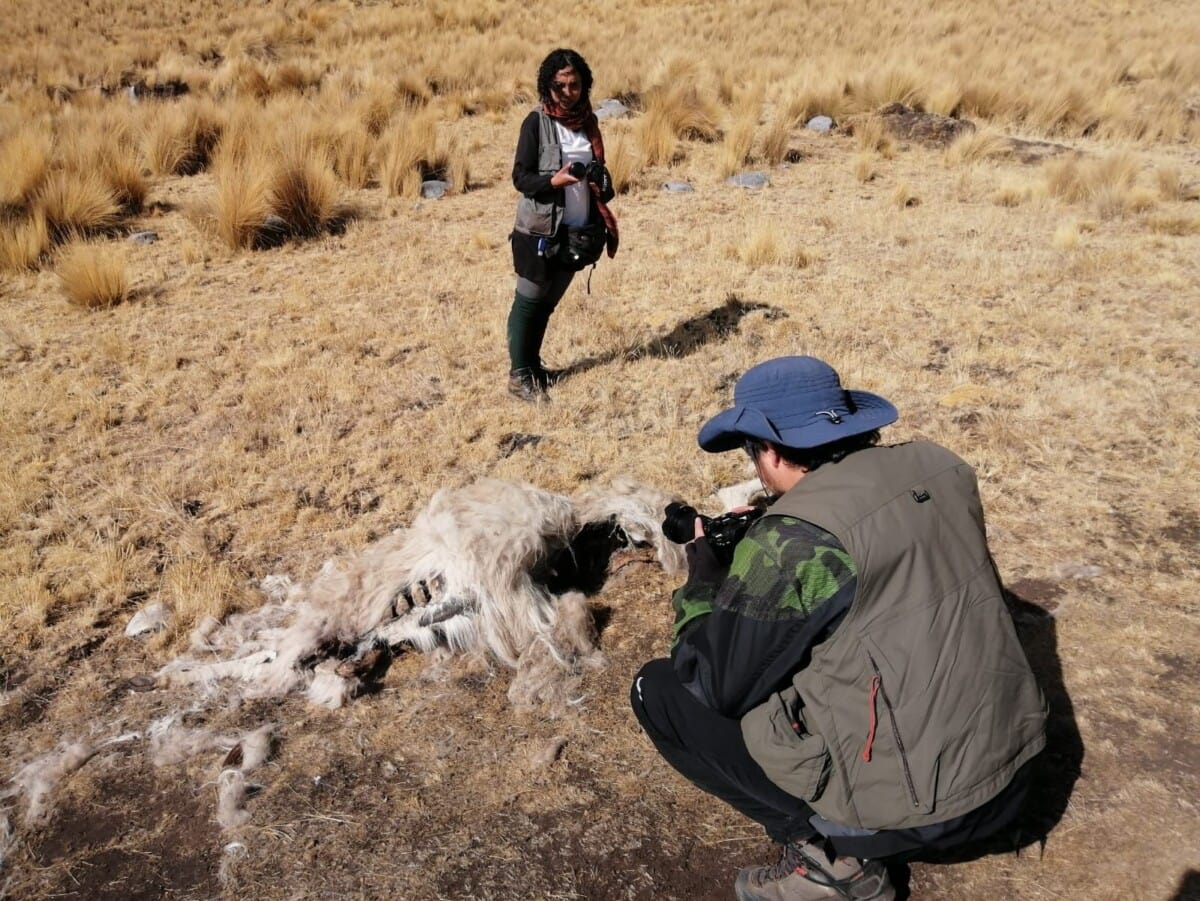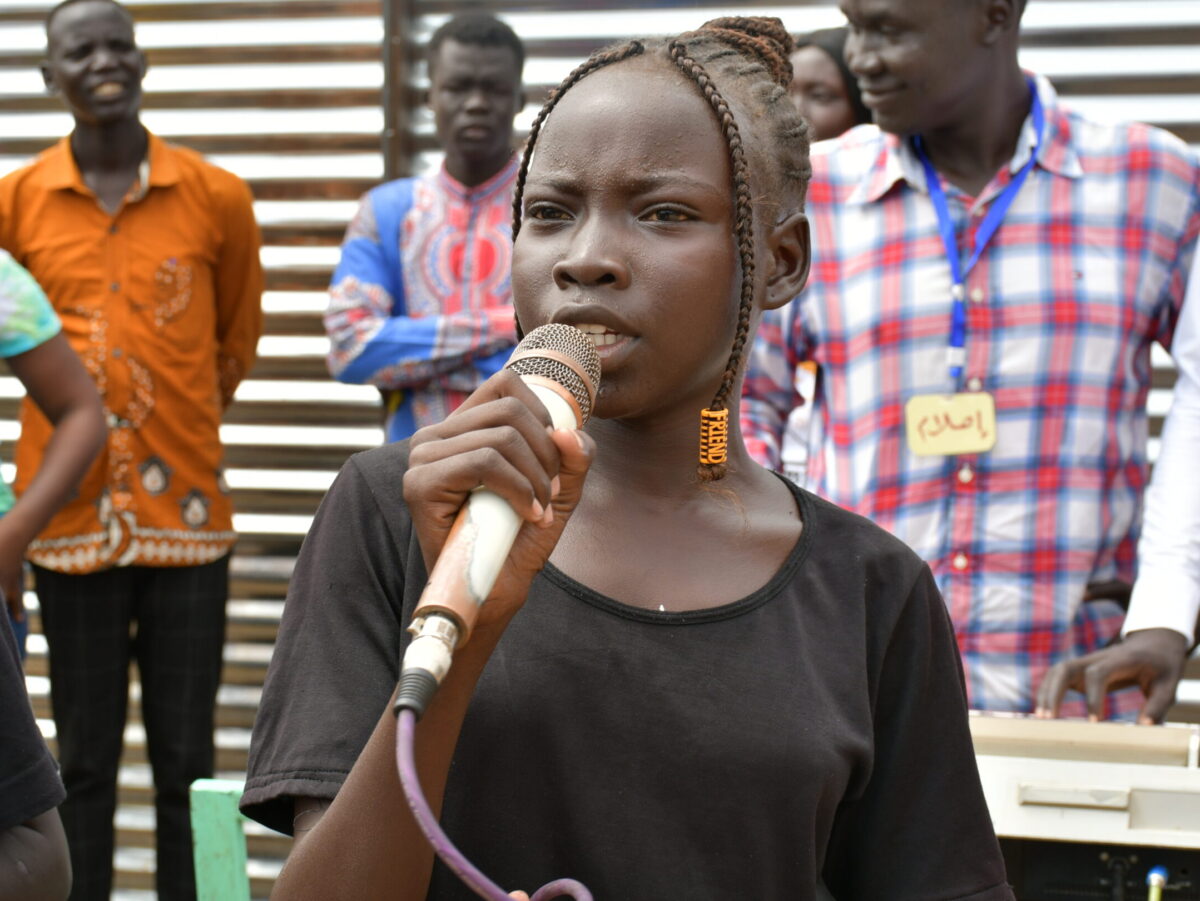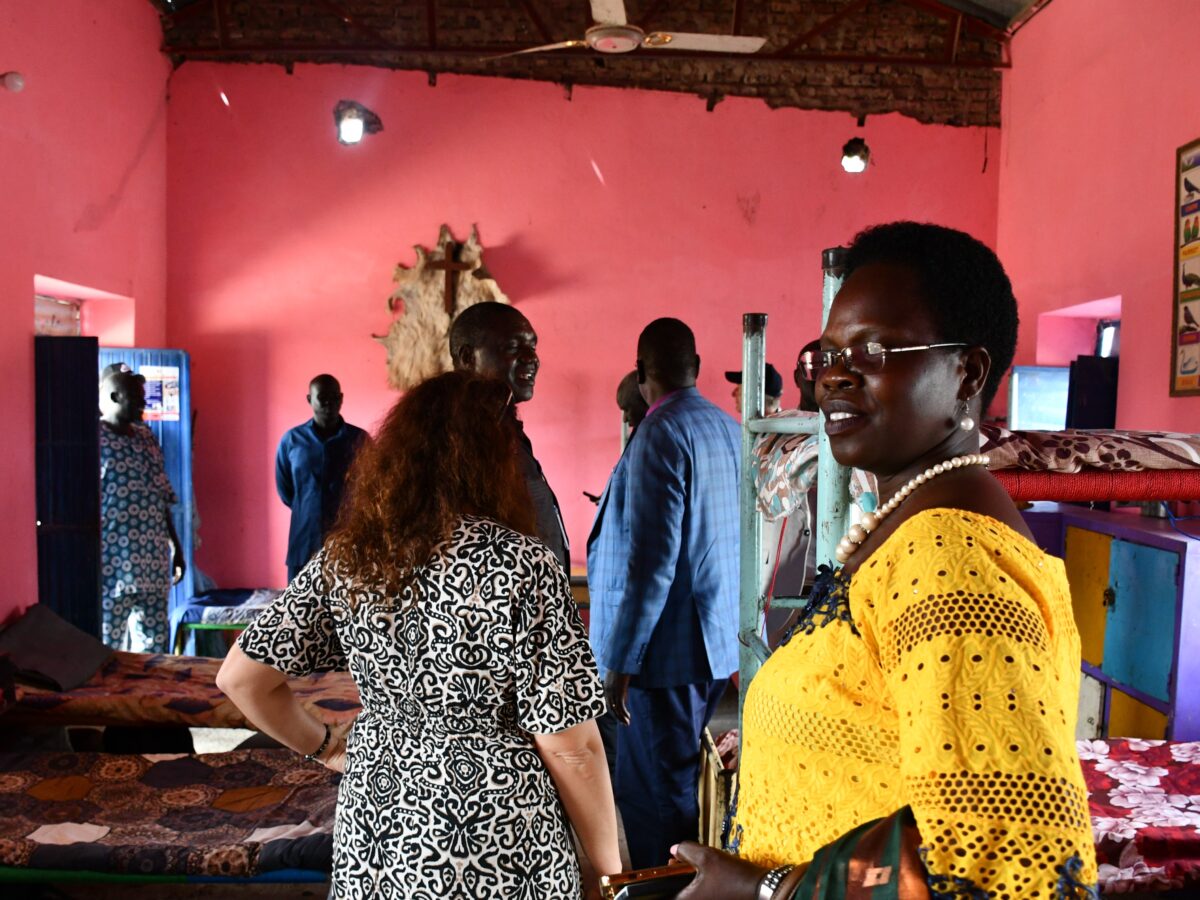Shortly before Christmas, the people in the southern Andes of Peru find themselves in a doubly exceptional situation: First and foremost, they are threatened by a food crisis. No rain has fallen for months, the seedlings are drying out, and a harvest in February is not to be expected. In addition, the people are left to fend for themselves due to the politically unstable situation in the country.
In the highlands of the southern Andes of Peru, Mission 21's partners are campaigning for Food Sovereignty one. At the moment, this work is more important than ever - and perhaps more difficult than ever before. Because in the project area in the Puno region it has not rained for about ten months. The first raindrops fell last week, but in insufficient quantity and much too late.
The local people are facing a food crisis because of this drought. "The seedlings we planted cannot grow," says Humberto Cahuina Mamani of the local organization APROCLAS. In the villages in the highlands, very few small farmers have irrigation systems. The fact that the rains have now failed for so long is threatening. The record drought is reminiscent of the crisis of the 1950s. Most families in the villages do not have enough money to buy food, especially if they cannot bring their harvest to market. Hundreds of animals such as alpacas and vicuñas have already died of thirst, others are so emaciated that small farmers cannot sell their livestock at a profit.
Video of our partner organization IDECA.
For many years, Mission 21 and its partner organizations have been working to Food Sovereignty of the people in the Puno region. In some villages are already Water catch basin have been built. Using agroecological methods, farmers are adapting to the consequences of climate change. In other places, women earn extra money with handicraft activities so that they are not completely dependent on agriculture. But they are also affected by the drought. After all, the wool they process into clothes comes from animals that are now dying because of the drought. Long-term aid must therefore be urgently continued in order to be prepared for the future. But to cope with the current situation, the local people are dependent on additional, short-term aid.
"The lack of rain affects both agriculture and livestock. If there is no agriculture and no livestock, there will be no handicrafts," says Hilda Ochoa Paye of the organization OMABASI, with which Mission 21 is working on the ground. She adds "I ask my local and community authorities to take care of the water sources and save them."
But little help can be expected from politicians in the current situation. Peru is in a deep political crisiswhich has led to violent protests with 20 fatalities (as of December 19, 2022). There have been six different presidents in the past five years. In early December, current President Pedro Castillo was arrested after attempting to dissolve Congress.






